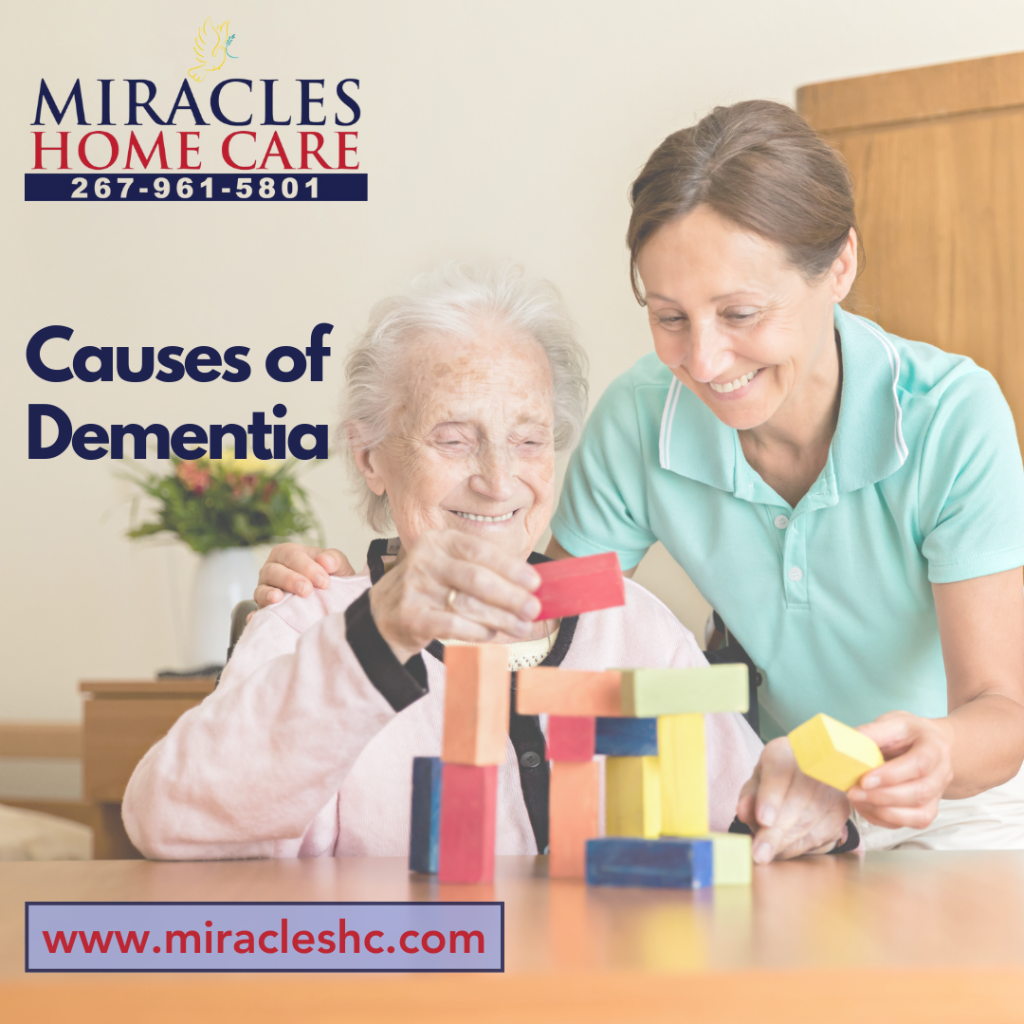Dementia is a complex condition that arises from damage or loss of nerve cells and their connections in the brain. The specific symptoms and the progression of dementia depend on the particular areas of the brain that are affected. Understanding the various causes of dementia is crucial in managing and providing the appropriate care for individuals living with this condition.
Alzheimer’s Disease
The most common causes of dementia is Alzheimer’s disease. This neurodegenerative disorder involves an abnormal buildup of proteins in the brain, specifically amyloid plaques and tau tangles. Over time, these toxic proteins cause the death of brain cells, leading to a decline in memory, cognitive function, and eventually, the ability to perform everyday tasks. Researchers have yet to fully understand the exact cause of Alzheimer’s disease, though they attribute it to a combination of genetic, environmental, and lifestyle factors.
Vascular Dementia
Vascular dementia occurs as a result of reduced or blocked blood flow to the brain. This can happen after a stroke or due to other conditions that impair the brain’s blood supplyuch as high blood pressure, diabetes, or cardiovascular disease. When brain cells are deprived of the oxygen and nutrients they need, they begin to die, leading to cognitive impairments. Vascular dementia often affects planning, decision-making, and problem-solving abilities.
Lewy Body Dementia
Lewy body dementia is caused by the presence of abnormal protein deposits, known as Lewy bodies, in the brain. These deposits affect chemicals in the brain, leading to disruptions in cognitive and motor functions. Individuals with Lewy body dementia may experience fluctuating levels of alertness, visual hallucinations, and difficulty with movement, similar to symptoms seen in Parkinson’s disease.
Mixed Dementia
In some cases, individuals may develop more than one type of dementia simultaneously, known as mixed dementia. For example, a person may have both Alzheimer’s disease and vascular dementia. Mixed dementia can complicate diagnosis and treatment, as the symptoms may overlap or differ in severity. Understanding that multiple factors contribute to the condition is essential for providing comprehensive care.
Other Causes of Dementia
While the above types of dementia are the most common, other factors can also cause dementia-like symptoms. Certain medications, vitamin deficiencies (such as a lack of vitamin B12), and underlying health conditions like thyroid problems or infections can mimic the symptoms of dementia. In these cases, the symptoms may improve with proper treatment and management of the underlying cause.
Recognizing and Addressing Dementia
Dementia affects each person uniquely, and the progression of symptoms can vary widely. Early diagnosis and intervention are crucial for managing the condition and improving the quality of life for those affected. If you or a loved one is experiencing symptoms of dementia, it is essential to seek medical advice and explore treatment options.
In conclusion
At Miracles Home Care, we understand the challenges that come with a dementia diagnosis. Our dedicated team provides compassionate care and support in the comfort of your home. Where you or your loved one can feel most at ease. We design our services to help you achieve a greater state of health and well-being. Enabling you to navigate the complexities of dementia with dignity and comfort.
We focus on creating a safe and supportive environment that promotes independence while addressing the unique needs of each individual. Whether it’s assisting with daily tasks, providing companionship, or managing specific symptoms. Our goal is to enhance your quality of life and help you live as fully as possible.
If you are in Philadelphia, Pennsylvania, and need home care services for dementia, Miracles Home Care is here to support you. Contact us today to learn more about how we can help you or your loved one maintain a fulfilling and meaningful life despite the challenges of dementia.
CONTACT US :
Email: [email protected]

